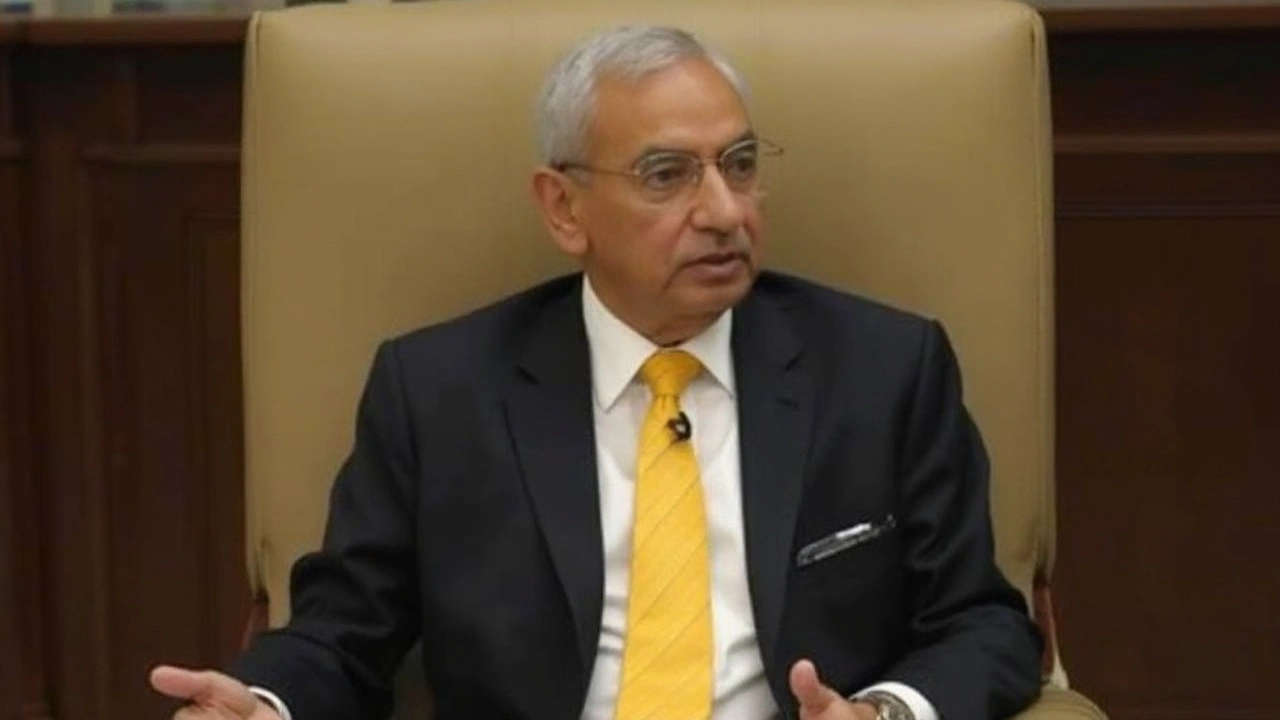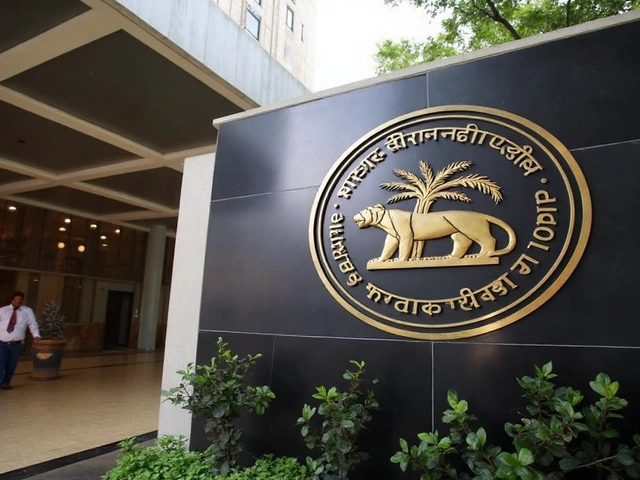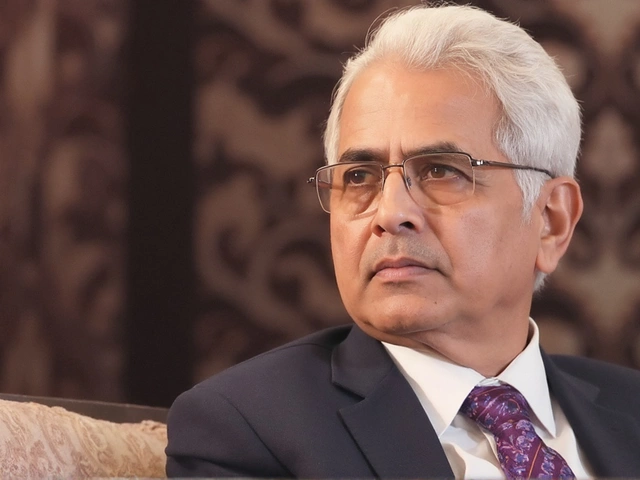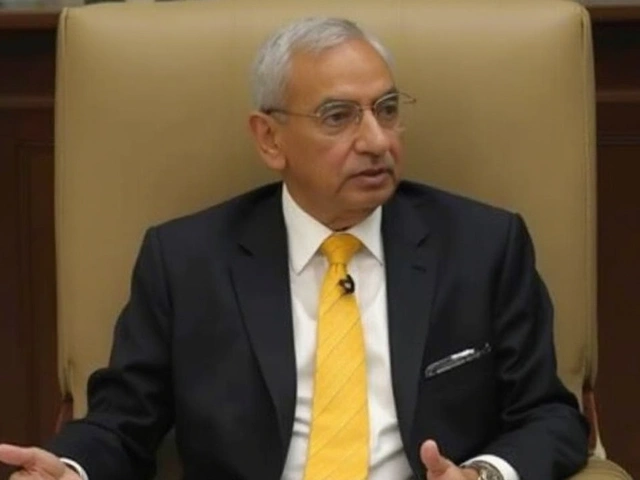The recent appointment of Shaktikanta Das as Principal Secretary-2 to Prime Minister Narendra Modi introduces a novel position within the PM's administrative team. This move highlights the government's emphasis on strengthening strategic economic decision-making during uncertain global conditions. Das, formerly the Governor of the Reserve Bank of India from 2018 to 2023, is recognized for navigating the nation through the tumultuous waters of the 2016 demonetization and the economic upheavals brought about by the COVID-19 pandemic.
Serving initially as an IAS officer from the 1980 batch, Das's career has been diverse and extensive, covering significant roles in finance, taxation, and infrastructure. Notably, he took on responsibilities in the 15th Finance Commission and represented India as the G20 Sherpa. His adept handling of fiscal policy, particularly during his time as Economic Affairs Secretary, and his key role in smoothing over tensions between the RBI and the government following Urjit Patel's resignation, have solidified his reputation as a capable administrator with a deft touch in managing complex economic issues.
Diehard critics and opposition parties have expressed skepticism, speculating over the political implications of Das's new role. Some argue that such an appointment might carry underlying political motives, given the timing and the precedent it sets by introducing a second principal secretary position.
However, the government leans heavily on Das's proven record in banking reforms and crisis management. They maintain that his expertise is invaluable, especially when faced with ongoing global trade tensions and the volatility of the Indian rupee. His ability to navigate through economic challenges could provide a much-needed backbone to India's financial strategies.
By aligning Das's term with Prime Minister Modi's tenure, the Indian government seeks to leverage his skills to drive forward their economic vision. Known for his calm demeanor and keen understanding of the intricacies of both fiscal and monetary policies, Das's input is expected to have a significant impact on the government's policy directions.








